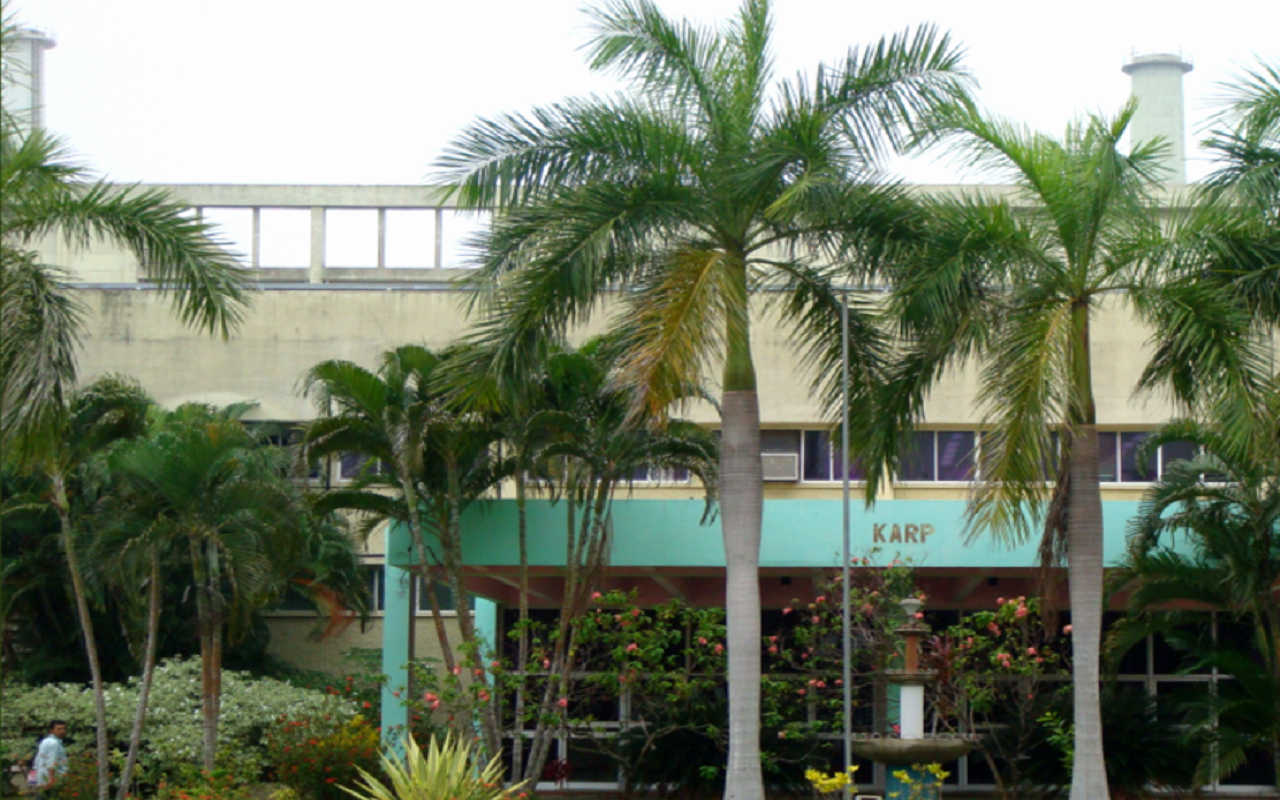Bhabha Atomic Research Centre,Mumbai

Atomic Energy has a key role in reducing the carbon intensity of the overall Power sector of India. Thermal power generation from all sources contributes 234,048 MW, which is 60% of the total installed power while renewables, hydro and nuclear contribute 95,875 MW (25%), 51,220 MW (13%) and 6,780 MW (up to 2%) respectively. Source National Power Portal.
- Read more about Bhabha Atomic Research Centre,Mumbai
- Log in to post comments
- 45 views
